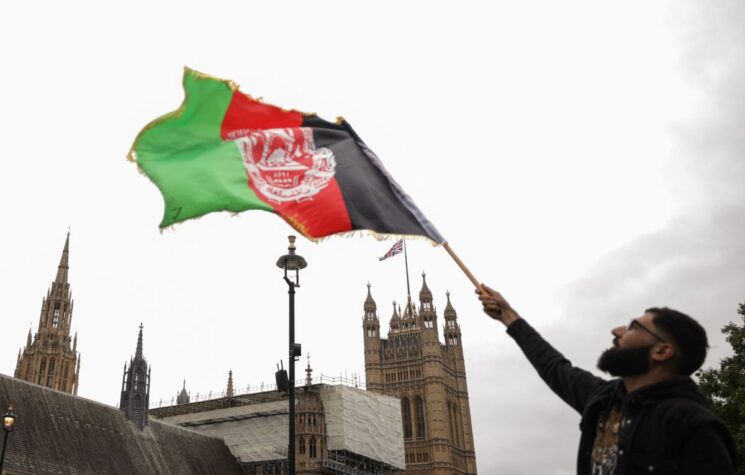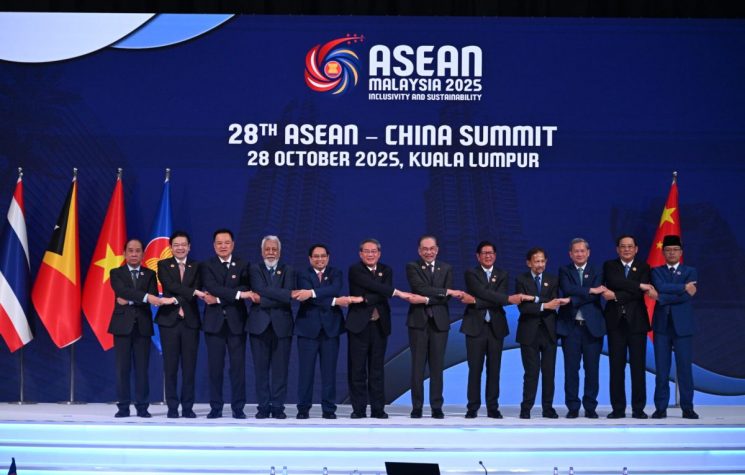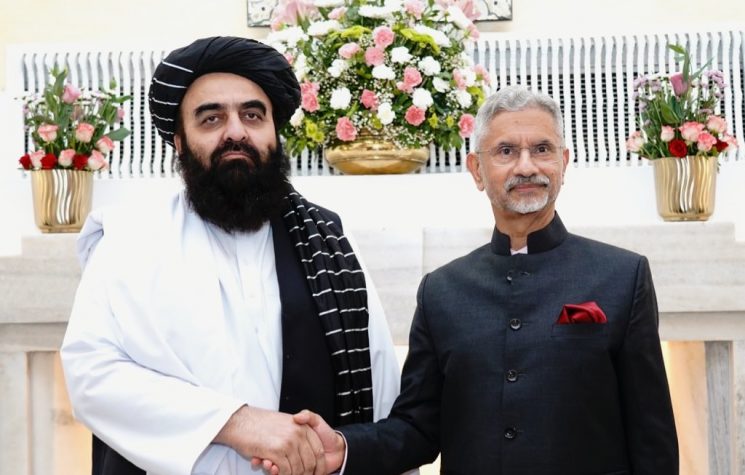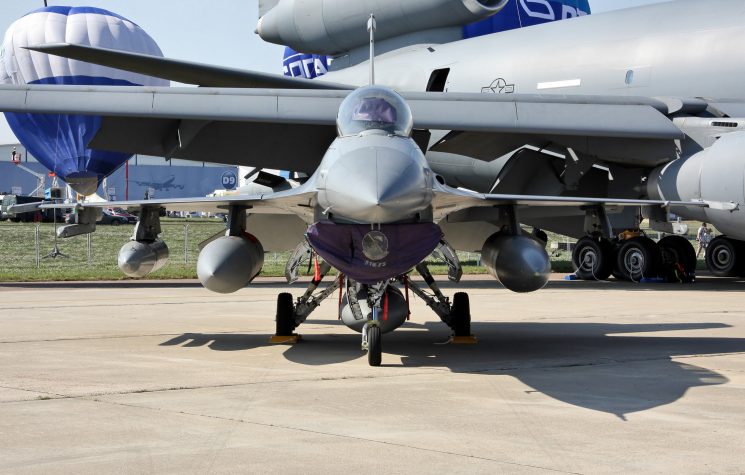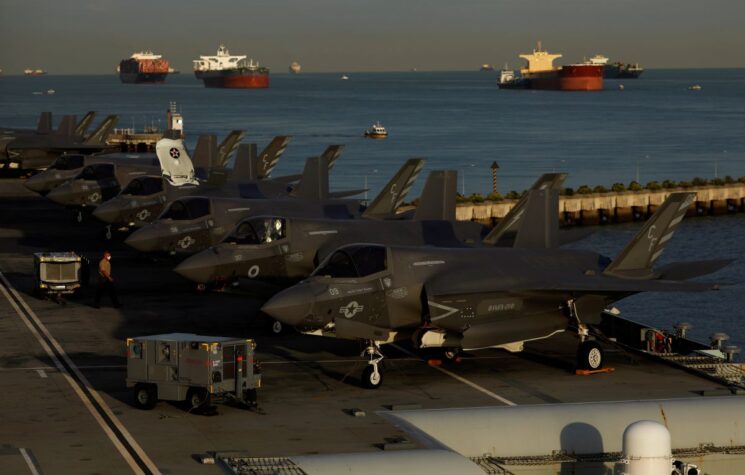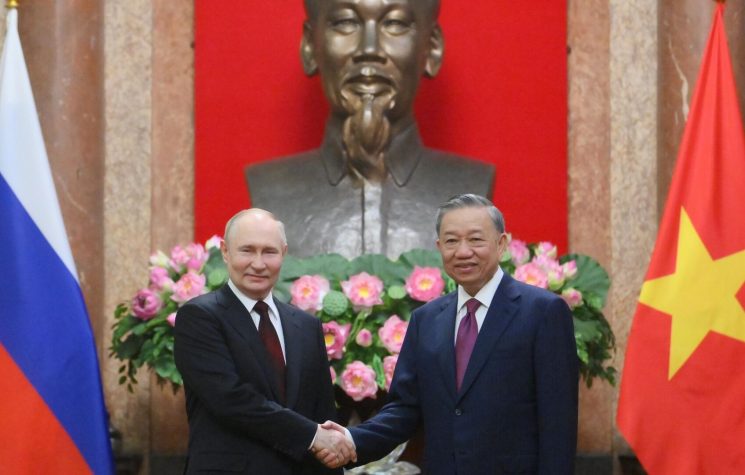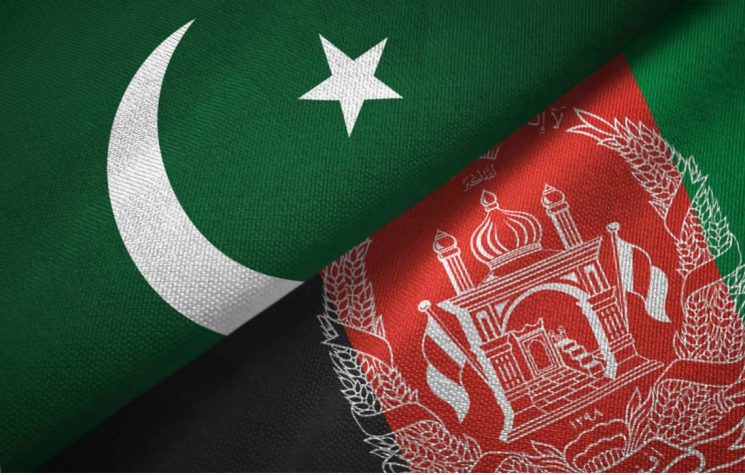The military-industrial complex is laughing while Afghans are weeping as they face death by starvation or at the hands of ignorant bigoted savages.
As the U.S.-Nato military alliance reluctantly acknowledged the catastrophe in Afghanistan and bungled its evacuation of desperate refugees trying to flee from the bigoted savages now ascendant in that shattered land, the journal Defense News published an interview with newly-appointed U.S. Air Force Secretary Frank Kendall who made it obvious that he is one of those Best and Brightest of the Pentagon who welcome the opportunity to forget Afghanistan and target China.
It is recorded that Kendall’s financial disclosure form indicated that in the period 2017-2021 he was employed by several defence and technology companies, in that “In addition to his work for Renaissance Strategic Advisors, for which he was paid $113,750, and Leidos, which paid him annual compensation of approximately $280,000 ($125,000 in cash and $155,000 in stock), Kendall was a paid board member of Leonardo Electronics U.S. and QuEST Defense, and he earned consulting fees of $702,319 (plus stock dividends) from Northrop Grumman and $12,575 from Mercury Systems…” In the 1990s he was also vice-president of engineering in the weapon’s manufacturing firm Raytheon which on July 1 signed a contract with the Air Force for some $2 billion “to develop and make a nuclear-armed cruise missile.”
Mr Kendall told Defense News that the Pentagon’s goal should be development of advanced technologies that “scare China” and declared “I’ve been obsessed, if you will, with China for quite a long time now — and its military modernization, what that implies for the U.S. and for security.” What it really implies is expansion of the U.S. military budget and vastly increased profits for such as Raytheon, Northrop Grumman and Lockheed Martin (which in 2020 was given U.S. government contracts worth $74.2 billion).
China’s land area is about 2.2% bigger than the United States; its population numbers over 1.4 billion as against America’s 333 million. And its military budget is $209 billion compared to Washington’s $715 billion. China has one overseas naval base (Djibouti) while the U.S. has some 750 (+) military bases in about 80 countries.
Yet Mr Kendall is “obsessed” with Beijing’s programme to modernise its defence capabilities.
He is far from being the only prominent U.S. official who finds it attractive and convenient to concentrate on highlighting China as a potential threat to the world, and as the debacle in Afghanistan became a deadly crisis Vice-President Kamila Harris took time away from Washington to trip round to Singapore and Vietnam in order to spread anti-Chinese sentiment. On August 24 she gave a speech in Singapore in which she declared “We know that Beijing continues to coerce, to intimidate and to make claims to the vast majority of the South China Sea. Beijing’s actions continue to undermine the rules-based order and threaten the sovereignty of nations.”
But there is no “rules-based order” in Afghanistan, and as violence and chaos intensified in Kabul it was reported that “conflict, drought and COVID-19 have already pushed millions of children into hunger and misery in Afghanistan – now they could be pushed even closer to the brink of famine.” Meanwhile the U.S. Indo-Pacific Command continued its “Large Scale Global Exercise 21” which is the largest U.S. naval exercise since 1981 and is intended to intimidate those regarded as enemies by the Washington Administration.
Other Nato countries have been engaged in maritime provocation against China, with the British sending an aircraft carrier strike group to the South China Sea and on August 2 even the Germans, usually a voice and example of sanity in the midst of international division and chaos, sent the frigate Bayern to the region. In Berlin the defence minister declared that “The message is clear: we are standing up for our values and interests together with our partners and allies”, and although in terms of U.S.-style power projection the gesture is tiny and militarily futile, it is apparent that Washington has managed to get even the most balanced nation in Europe to join in its confrontation of the Beijing government.
The Washington Post reported that on August 25 Vice-President Harris arrived in Vietnam to announce that for humanitarian reasons the U.S. was going to donate “1 million coronavirus vaccine doses to the pandemic-hit country. But a three-hour delay in her schedule handed China a window of opportunity. Beijing quickly sent its envoy in Hanoi to meet with Vietnam’s prime minister and pledged a donation of 2 million vaccine doses.” Not only was the Washington Administration made to look foolish by a somewhat opportunistic (and most probably cynical) Beijing, it also looked highly selective in its application of compassion to suffering people around the world.
The day after V-P Harris made her vapid gesture, Reuters reported that “hundreds of Afghan families who have been camping in searing heat at a Kabul park after the Taliban overran their provinces begged for food and shelter on Thursday [August 26], the most visible face of a humanitarian crisis unfolding in the war-torn country.” On the same day a lunatic suicide bomber killed over 170 people at Kabul airport and in Hanoi the Vice-President announced that in Vietnam “It is critical that if we are to take on the challenges we face that we do it in a way that is collaborative, that we must empower leaders in every sector, including of course government but community leaders, business leaders, civic society if we are to maximize the resources we collectively have.” Meanwhile, back in Kabul the representative of the UN Refugee Agency said they “are doing the emergency response for people who have been displaced, who need lifesaving assistance immediately; people who ran away from their homes with absolutely nothing. We provide core relief items, we provide shelter, water, healthcare, sanitation, food…”
During her visit to Singapore the vice-president declared that “the United States is a global leader, and we take that role seriously, understanding that we have many interests and priorities around the world” but there wasn’t much evidence of any sort of leadership from Washington during the collapse of the Afghan government when the barbarians of the Taliban took over the country. She reiterated, however, the anti-China refrain that “We need to find ways to pressure and raise the pressure, frankly, on Beijing to abide by the United Nations Convention on the Law of the Sea, and to challenge its bullying and excessive maritime claims.”
The fact that the U.S. has refused to ratify the Convention on the Law of the Sea is irrelevant in Washington’s interpretation of its never-ending mantra about the international “rules-based order”, because Biden’s people, and not least the Pentagon, have their own priorities. At the moment the prime concern of the Biden Band is to get out of Afghanistan and abandon the desperate citizens who “need lifesaving assistance immediately” while continuing to “raise the pressure” on China.
Raytheon, Lockheed Martin and the rest of the military-industrial complex are laughing all the way to the bank while Afghans are weeping as they face death by starvation or at the hands of ignorant bigoted savages. So much for global leadership.











